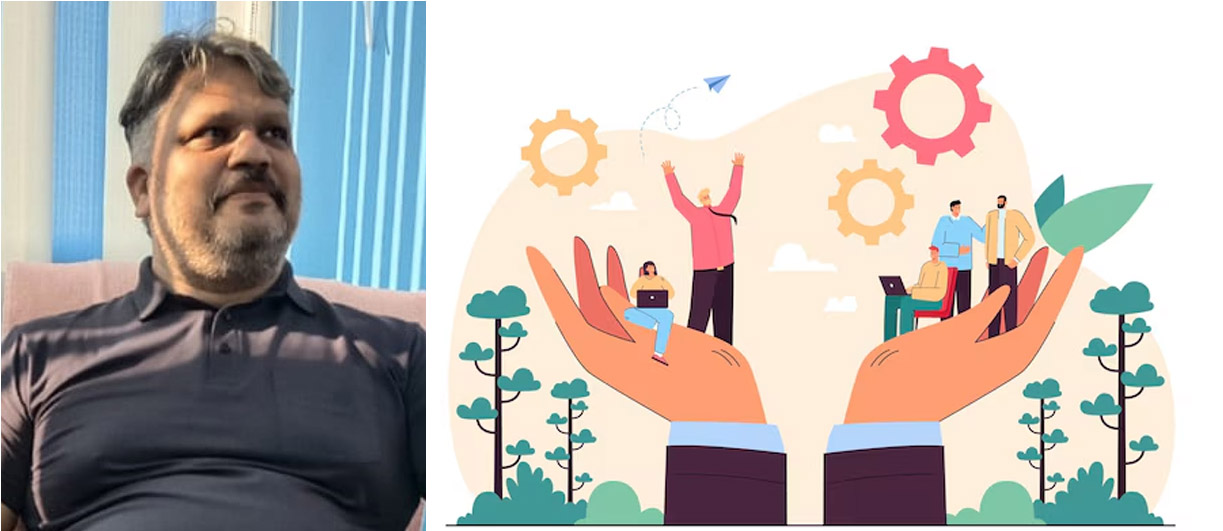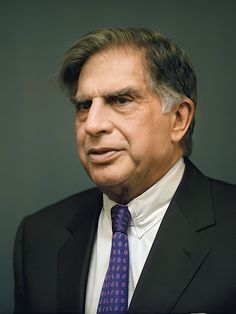
What perspectives can be taken when looking at a job? Is it merely a means of earning money, or are there other aspects as well?
In the dynamic world of work, words like "Responsibility," "Happiness," and "Entertainment" often come to the forefront. These words represent different aspects of a job, each with its own significance. Understanding these differences is crucial for a productive and harmonious workplace. Viewing a job merely as entertainment, instead of responsibility, can be detrimental to both the individual and the organization, leading to a lack of seriousness, reduced productivity, and potential disruption in workplace relations.
Job: Responsibility, Happiness, or Entertainment?
In the dynamic world of work, words like "Responsibility," "Happiness," and "Entertainment" often come to the forefront. These words represent different aspects of a job, each with its own significance. Understanding these differences is crucial for a productive and harmonious workplace. Viewing a job merely as entertainment, instead of responsibility, can be detrimental to both the individual and the organization, leading to a lack of seriousness, reduced productivity, and potential disruption in workplace relations.
Responsibility: The Foundation of Professionalism
Take Shweta's example, who is a Project Manager at a tech company. Shweta is known for her impeccable problem-solving skills and timely project completions. She views her role as a crucial responsibility, understanding that her team and company's success depends on her efficiency. When a significant project suddenly faced challenges, Shweta took on the responsibility of adjusting resources, communicating clearly with stakeholders, and keeping her team motivated.
Responsibility in the workplace is vital for both personal and organizational success. Responsibility extends beyond just completing tasks; it includes accountability, reliability, and a proactive approach to one's work. How responsibility positively impacts the workplace:
Improved Productivity and Efficiency:
When employees take responsibility for their work, they are more likely to complete it effectively. Responsible employees manage their time well, prioritize tasks, and avoid procrastination. For example, Kajal, a Project Coordinator, consistently meets deadlines and manages her work efficiently, leading to projects being completed on time and within budget. Her responsibility results in increased productivity and smooth processes for her team.
Building Trust and Respect:
Responsibility builds trust, both between employers and employees and among colleagues. When an employee consistently demonstrates trustworthiness and accountability, they build a reputation as a reliable person. For instance, Sukhi, a team leader, always fulfills his promises and takes responsibility for his mistakes. His colleagues and supervisors trust him to handle important tasks and lead the team effectively, enhancing his trust and influence.
Enhancing the Organization's Reputation:
An organization with responsible employees enjoys a positive reputation both internally and externally. Responsible behavior reflects well on the company and can attract customers, clients, and talent. For example, a company known for its responsible and ethical practices builds strong relationships with customers and garners a good reputation in the industry.
Supporting Leadership Development:
Responsibility is a crucial trait for effective leaders. Employees who demonstrate responsibility are more likely to move into leadership roles. For example, a Senior Analyst who takes responsibility for mentoring junior staff and leading projects displays leadership qualities that can be recognized and nurtured by the organization.
Happiness: Balancing Joy and Duty
Now, consider Abhay's story, a Graphic Designer who truly loves his work. Abhay finds immense joy in creating visually appealing designs and often loses track of time while completing his creative tasks. His passion for design fuels his creativity, leading to innovative and engaging work. However, Abhay understands that the joy in his work must be balanced with responsibility. He knows that meeting client deadlines and adhering to brand guidelines are just as important as enjoying the creative process.
When happiness in work is balanced with responsibility, it can be a powerful motivator. It offers intrinsic motivation, fosters innovation, and opens up opportunities for fulfilling possibilities. Work done with happiness can unleash an individual's full potential, but it is not effective without responsibility.
Balancing Responsibility and Happiness
While happiness in work is beneficial, it must be balanced with responsibility. Happiness should not replace the commitment to fulfilling job responsibilities and expectations. For example, just as a software developer might enjoy experimenting with new technologies, they must ensure that their work aligns with project needs and deadlines.
Entertainment: The Risks of Viewing Work as Leisure
The dangers of viewing work as entertainment can be seen in Nikhil's story, a sales assistant at a retail store. Nikhil enjoyed interacting with customers so much that he often spent time chatting with colleagues and customers, sometimes at the expense of completing his tasks. Over time, the focus on entertainment led to missed sales targets, customer complaints, and a decline in his overall performance. When a job is viewed purely as entertainment, it can have negative consequences.
Workplace: A Second Home
We often hear the phrase "workplace as a second home," and there is truth in it. We spend almost one-third of our lives working and form relationships that go beyond mere transactions. The bond between employer and employee is more than just hard work in exchange for a paycheck; it is a partnership built on mutual respect, trust, and shared goals.
Entertainment: An Experience for Relaxation and Balance
Take Siddharth, for example, an event planner who loves planning parties and events. He finds entertainment in his work, viewing it as an experience that keeps him lively and refreshed. However, he never takes his job merely as entertainment. Siddharth is self-disciplined and takes responsibility for meeting deadlines. He knows that successful events require seriousness, attention, and good preparation.
Balancing the Three Aspects
Responsibility, happiness, and entertainment can all be balanced in any job. Achieving this balance can lead to profound benefits for both the individual and the organization. Balancing these three elements can create a workplace where employees feel ethical, productive, and motivated. Employees who embrace their roles as a duty and also find happiness in their work are likely to achieve personal and career goals and lead the organization toward long-term success. A job is not just a means of earning money; it is a journey that contributes to personal and professional growth. Balancing the elements of responsibility, happiness, and entertainment can help both individuals and organizations achieve their goals.














